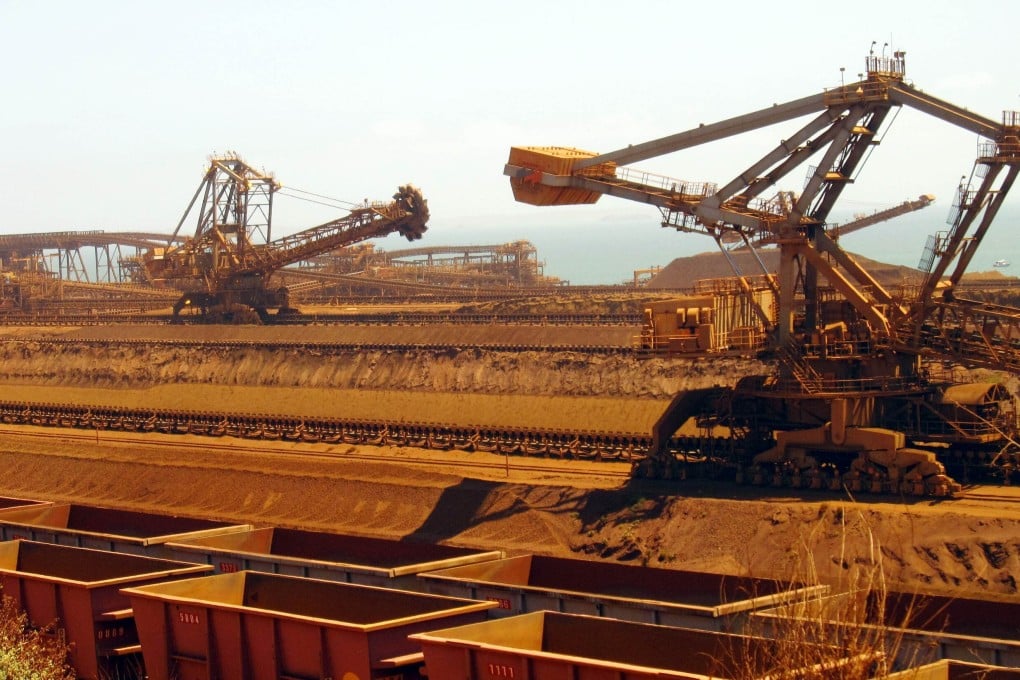Advertisement
Abacus | China-Australia clash may be more about Beijing’s economic fears than a coronavirus probe
- China is doing to Australia what the Brits did to China with tea 200 years ago, when China learned a hard lesson about spending too much hard currency
- With iron ore mines in Africa and a port in Papua, China is falling back on its own ‘empire’, perhaps out of fears its economic strength is a post-Covid blip
Reading Time:5 minutes
Why you can trust SCMP
72

FOR ALL THE TEA IN CHINA
When Britain first started to trade with China, neither nation knew much about the other. Britain had just started to import tea, which would leave Brits forever hooked on the morning cuppa as an alcohol-free alternative to the “small beer” that was drunk regularly throughout the day at the time.
But England-China trade was a tricky affair in the 17th and 18th centuries. Canton was the only trade port, only “trusted” partners were traded with, and only very select goods were allowed in – such as clocks, porcelain, music boxes and later drugs. Goods for exports, such as tea, were only bestowed upon lesser nations with the few imports being seen as tributes to China.
Advertisement
This system worked for around 130 years, until Britain ran out of silver in 1770. To keep the flow of tea going, Britain demanded silver back as payment for medicinal opium, “the sleep bringer”, which was in widespread use among Chinese. Cutting history many decades and two wars short, a trade imbalance resulted which drained China of silver and devastated its economy resulting in a 30-year economic decline, the Daoguang Depression (1820–1850).
Around that time, the Brits also worked out that they could grow their own tea in Sri Lanka – Ceylon at the time – and India, so bringing trade back within the Empire and reducing their reliance on China became a priority. Looking at the Australia-China trade spat that kicked off last year, I suspect history may be about to stage a replay.

02:01
Australia seeks WTO mediation on China barley tariffs
Australia seeks WTO mediation on China barley tariffs
STRANDED LOBSTERS
Advertisement
Advertisement
Select Voice
Choose your listening speed
Get through articles 2x faster
1.25x
250 WPM
Slow
Average
Fast
1.25x
